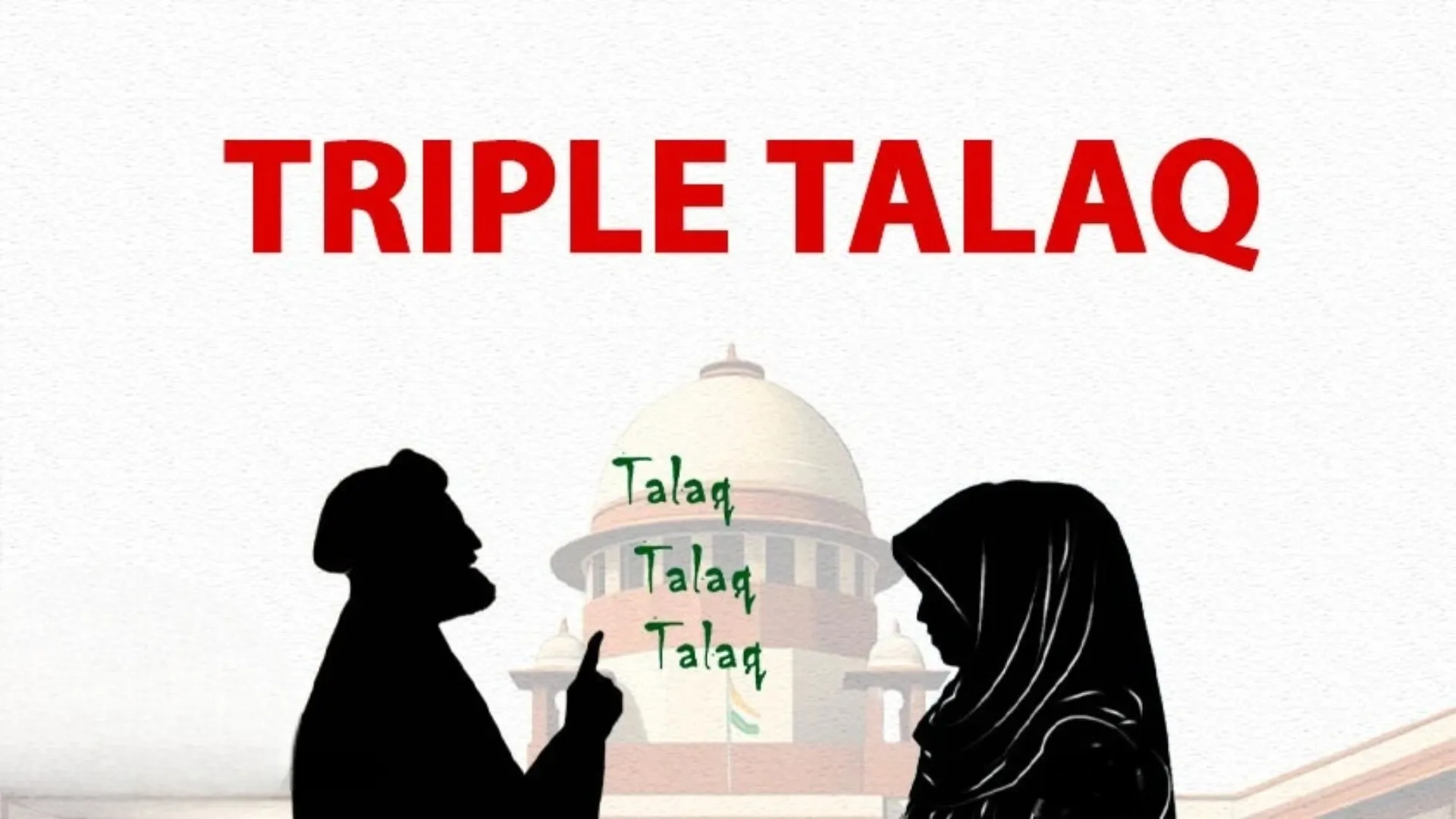The Supreme Court, on Wednesday, directed the Union government to provide comprehensive data on the number of First Information Reports (FIRs) and charge sheets filed against individuals prosecuted for pronouncing instant triple talaq in violation of the Muslim Women (Protection of Rights on Marriage) Act, 2019.
A bench led by Chief Justice Sanjiv Khanna and Justice Sanjay Kumar, while presiding over 12 petitions contesting the constitutional validity of the 2019 statute, mandated that the Centre and other involved parties submit written arguments delineating their positions. The court scheduled the final hearing for the week commencing March 17.
“The respondent (Centre) shall furnish the total number of FIRs and charge sheets currently pending under Sections 3 and 4 of the Muslim Women (Protection of Rights on Marriage) Act, 2019. Additionally, all parties are required to file written submissions, limited to three pages, articulating their respective contentions,” the bench ruled.
Instant triple talaq, or ‘talaq-e-biddat,’ is a form of unilateral divorce wherein a Muslim husband dissolves the marital bond by verbally declaring ‘talaq’ thrice in immediate succession. The 2019 legislation criminalizes this practice, rendering it void and illegal while prescribing a punitive measure of three years’ imprisonment for offenders.
The legal landscape surrounding triple talaq underwent a transformative shift following the Supreme Court’s historic verdict on August 22, 2017. In this landmark judgment, the Court invalidated the 1,400-year-old practice, ruling that it contravened constitutional principles.
The Court held that triple talaq was not only inconsistent with the core tenets of the Quran but also violative of Islamic jurisprudence (Shariat), thereby rendering it unconstitutional.
This ruling laid the groundwork for subsequent legislative intervention, culminating in the enactment of the 2019 Act, which formally proscribed the practice and instituted penal sanctions to deter its recurrence.
Read More: “Balance Privacy With Need For DNA Test In Paternity Dispute Cases”: Supreme Court























